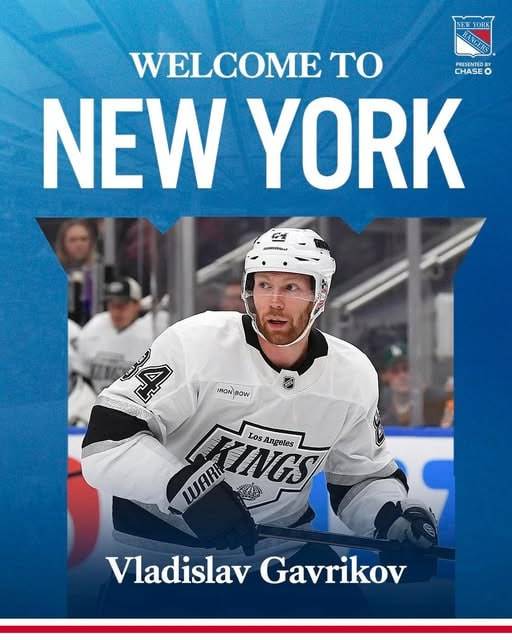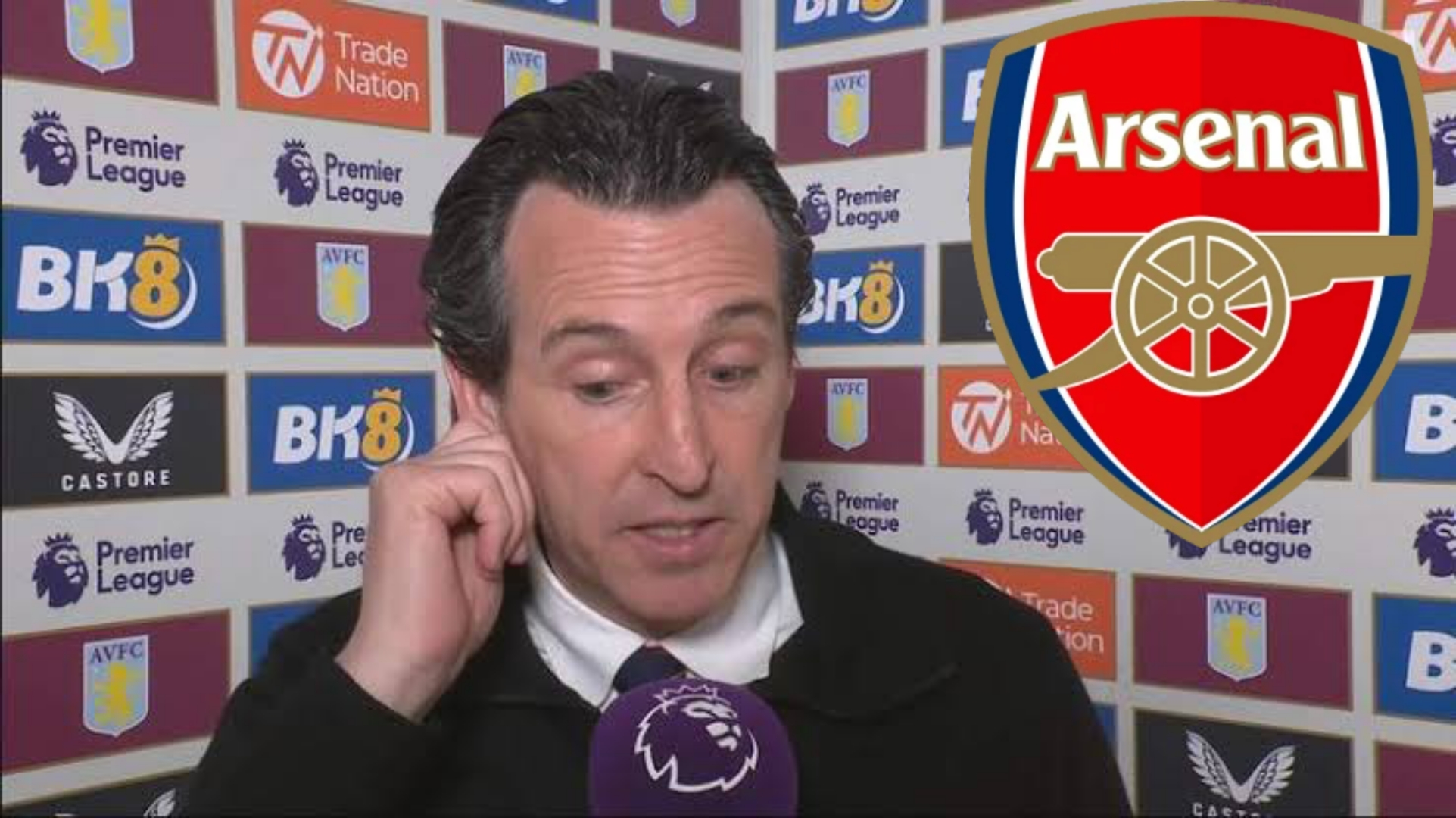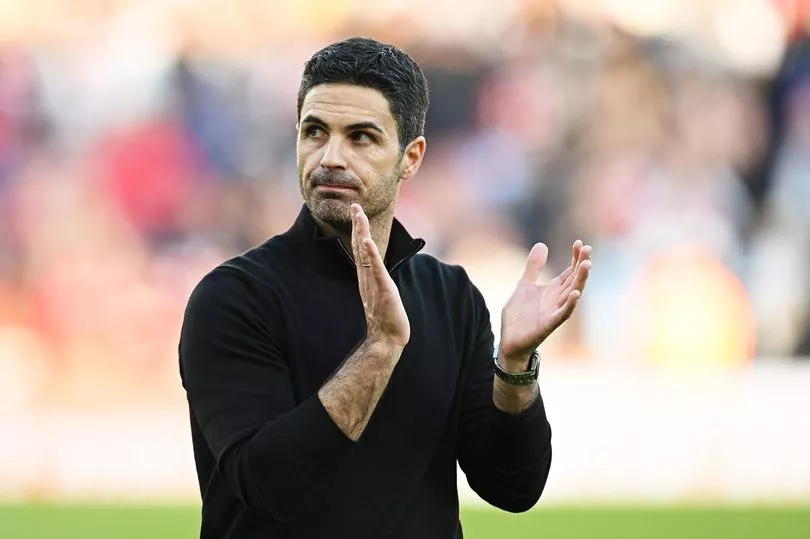The New York Rangers have made a bold statement about their commitment to long-term defensive stability by signing veteran defenseman Vladislav Gavrikov to a seven-year, $49 million contract. The deal, which carries an average annual value (AAV) of $7 million, represents a significant investment in a player who has steadily established himself as one of the NHL’s most reliable shutdown defensemen. For a Rangers team looking to transition from a perennial playoff contender to a legitimate Stanley Cup favorite, securing Gavrikov’s services for the foreseeable future is a clear indication of their priorities.
Gavrikov, 28, has been a model of consistency throughout his NHL career, blending physicality, defensive awareness, and underrated puck-moving ability. Originally drafted by the Columbus Blue Jackets in 2015, the Russian blueliner spent the early part of his career refining his game in the KHL before making the jump to North America in 2019. Since then, he has developed into a defenseman capable of logging heavy minutes against top competition while maintaining a steady presence in his own zone. His ability to break up plays, block shots, and contribute in transition has made him an invaluable asset for every team he’s played for, including the Los Angeles Kings, who acquired him in a trade deadline deal in 2023.
For the Rangers, this signing addresses a critical need. While the team boasts high-end offensive talent on the blue line in players like Adam Fox and K’Andre Miller, they have often lacked a true defensive stalwart who can neutralize opposing stars in high-pressure situations. Gavrikov fills that role perfectly. His 6-foot-3, 213-pound frame allows him to win battles along the boards and in front of the net, while his positioning and stick work make him a nightmare for opposing forwards trying to generate sustained offensive pressure. Pairing him with a more mobile defenseman like Miller or Fox could create a perfect balance, allowing the Rangers to deploy a shutdown pair in critical defensive situations while still maintaining offensive production from the back end.
The financial terms of the deal—$7 million per season—place Gavrikov among the upper echelon of NHL defensemen in terms of salary. While some may argue that this is an overpayment for a player who doesn’t put up huge offensive numbers, the reality is that elite defensive defensemen are becoming increasingly valuable in today’s NHL. Players like Jacob Slavin, Jaccob Slavin, and Colton Parayko have shown that a blueliner who can tilt the ice in his team’s favor defensively is worth every penny, especially in the playoffs. Gavrikov’s ability to suppress scoring chances and kill penalties makes him worth the investment, particularly for a Rangers team that has struggled at times to keep the puck out of their own net in crucial moments.
Another factor that makes this deal so significant is its length. At seven years, the Rangers are betting heavily on Gavrikov’s ability to maintain his level of play into his mid-30s. While defensemen with his style of play often age well—relying more on intelligence and positioning than raw speed—there is always risk involved in long-term contracts. However, the Rangers clearly believe that Gavrikov’s game will translate well as he gets older, and his leadership in the locker room will be an added benefit as the team’s younger defensemen continue to develop.
From a roster construction standpoint, this move also signals that the Rangers are prioritizing defense over flashy offensive additions. With stars like Artemi Panarin, Mika Zibanejad, and Chris Kreider leading the forward group, the team has never lacked firepower up front. However, their playoff exits in recent years have often been the result of defensive lapses rather than a lack of scoring. By locking up Gavrikov, the Rangers are sending a message that they are serious about tightening up their game in their own end, a necessary step if they hope to compete with the likes of the Florida Panthers, Carolina Hurricanes, and Boston Bruins in the Eastern Conference.



